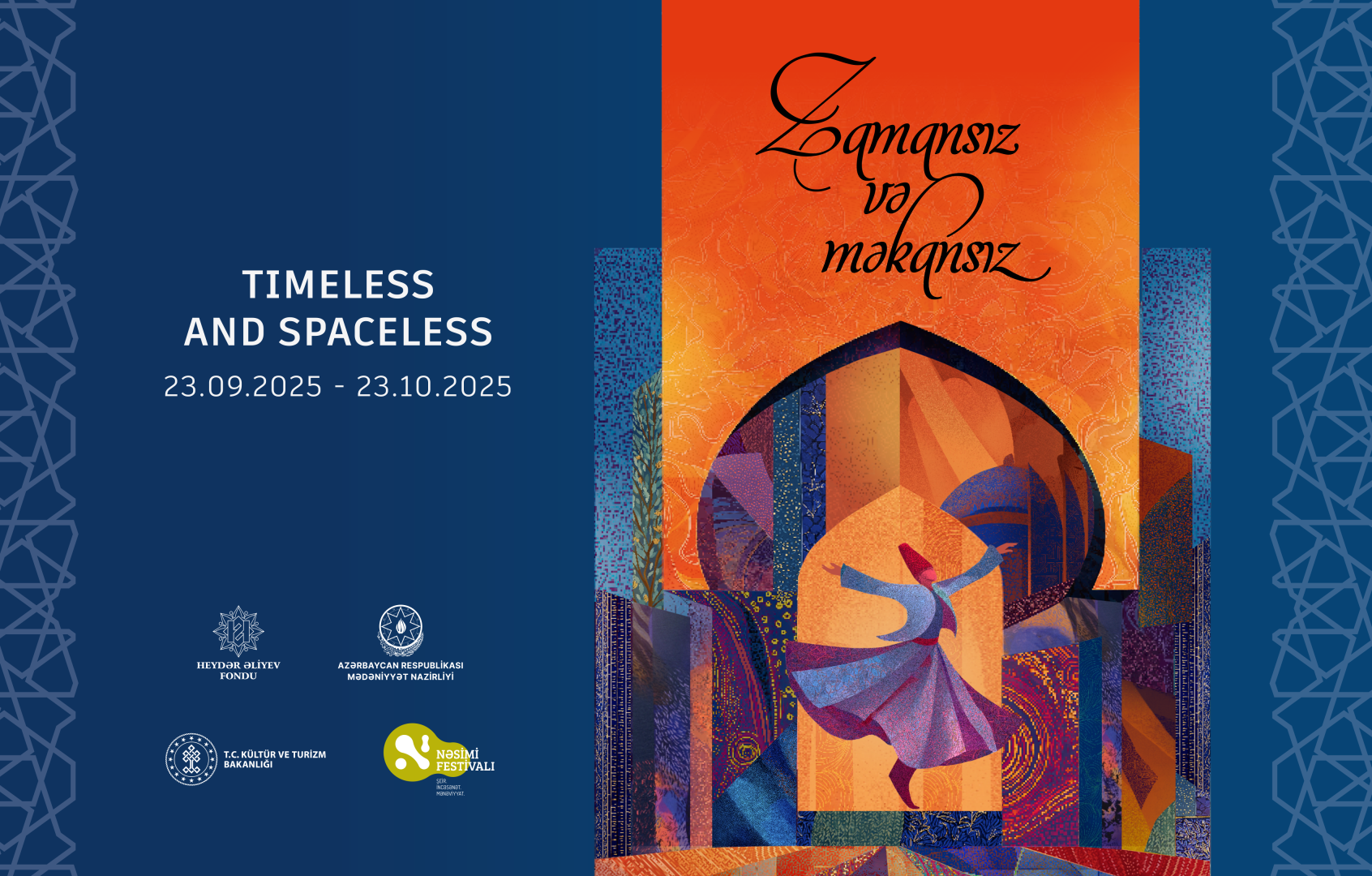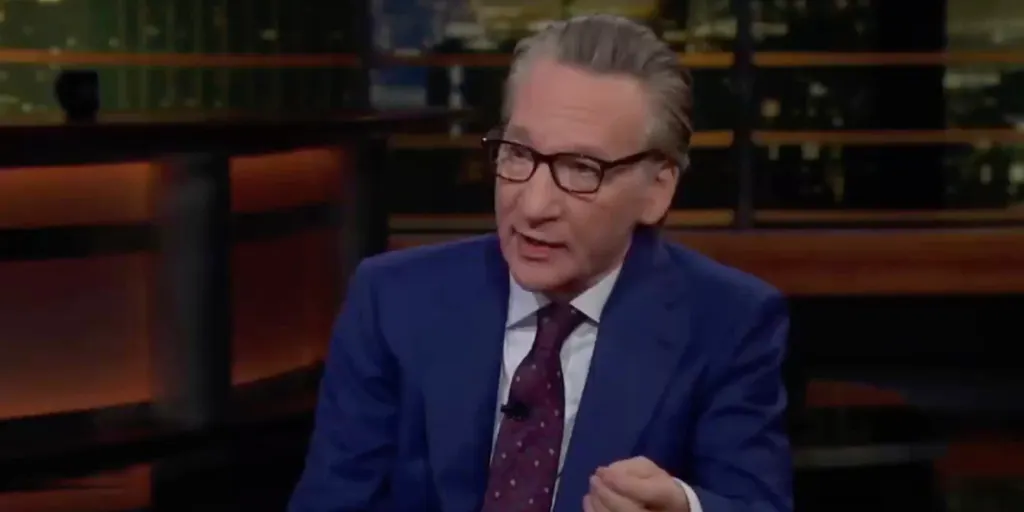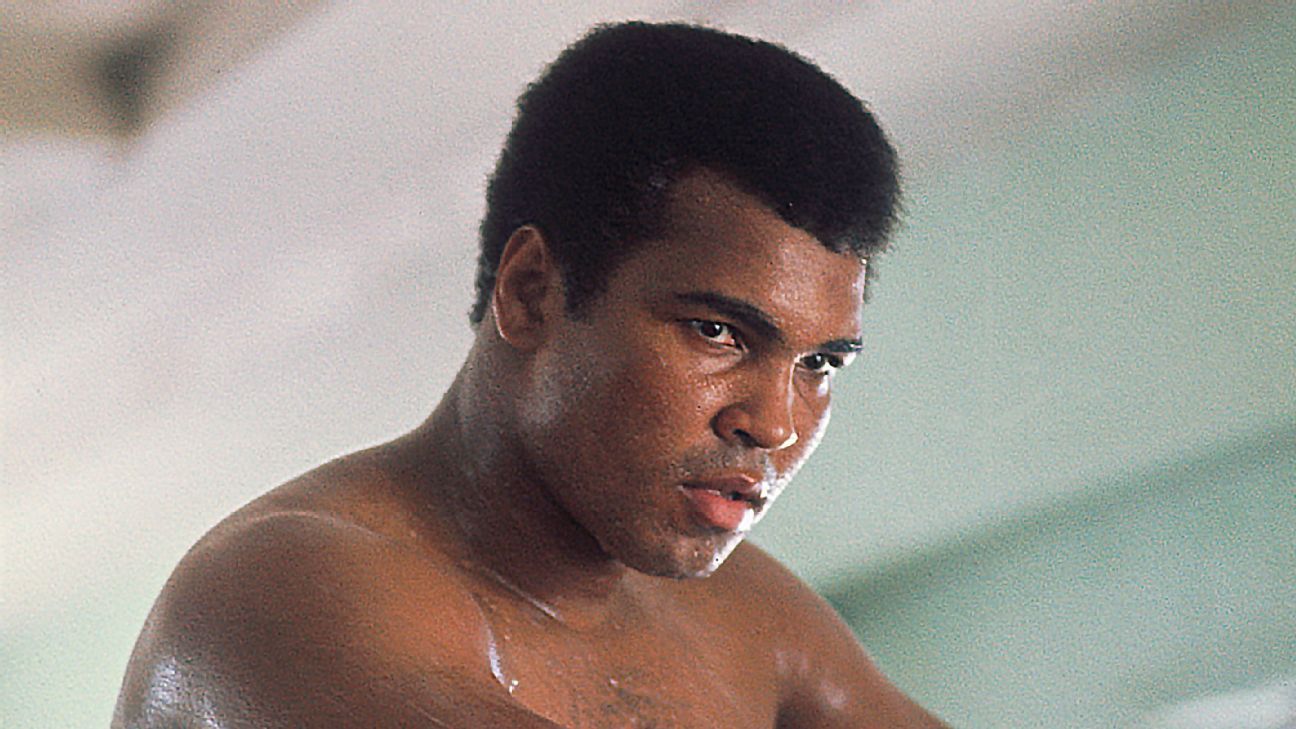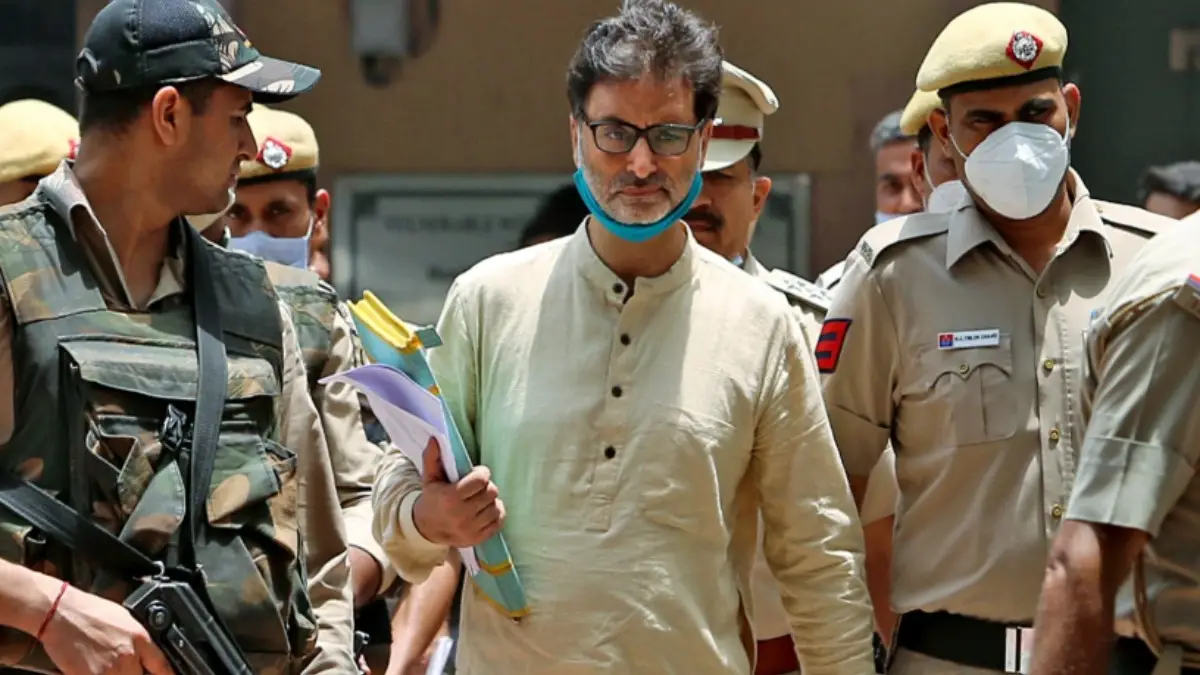By Anastasiia Svitlevska
Copyright kyivpost
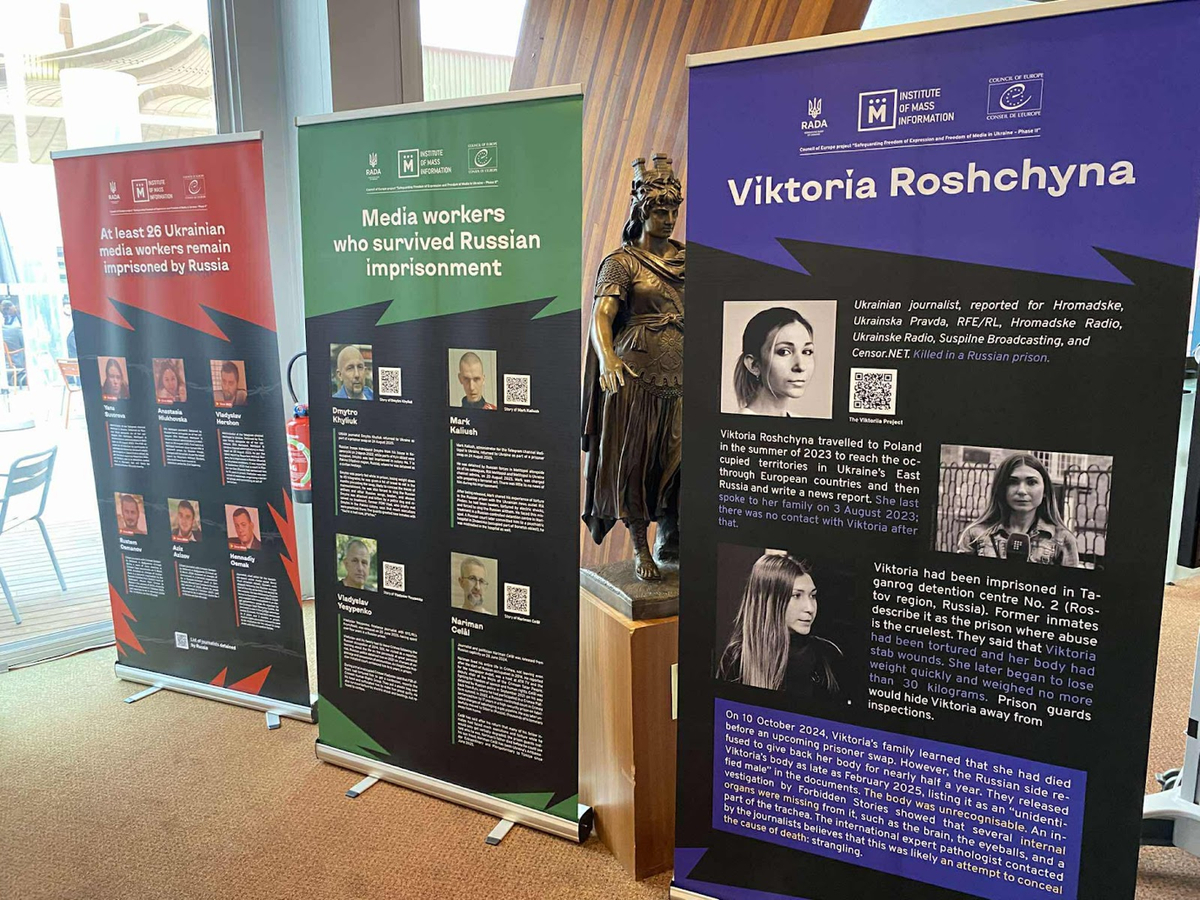
The Parliamentary Assembly of the Council of Europe (PACE) on Wednesday, Oct. 1 adopted a resolution demanding the release of Ukrainian journalists held captive by Russia, calling for sanctions against those responsible for their detention and urging financial support for Ukraine’s media. The measure highlights ongoing attacks on press freedom amid Russia’s war in Ukraine and marks a significant step in international efforts to hold Moscow accountable.
“The focus of PACE’s autumn session is the free work of journalists and media,” Yevheniia Kravchuk, a member of the Verkhovna Rada who chaired the PACE Committee on Culture, Science, Education and Media in 2023, said.
She said the committee unanimously supported the resolution she authored: “Journalists matter: the need to intensify efforts to release Ukrainian journalists held captive by the Russian Federation.”
On Oct. 1, the document was voted for by 128 Parliamentary Assembly delegates.
The text examines the issue of Ukrainian journalists held in Russian captivity since the illegal annexation of Crimea and the war in Donbas. It includes a demand for Russia’s release of 26 Ukrainian media workers, such as Crimean journalists Oleksiy Bessarabov and Dmytro Shtyblikov, who worked for the Black Sea Security magazine and were taken in 2016. The resolution also refers to 108 dead media professionals, including both combatants and journalists who died in the line of duty: particularly, within combat zones.
“An important feature is the call to the Council of Europe member states to provide financial support to the Ukrainian media and reparations to the victims. The resolution also calls for the introduction of personal sanctions against those responsible for the illegal detention and torture of journalists,” Kravchuk says.
According to her, this directly refers to Russia’s military leadership, which orders missile and drone attacks on civilian targets and the front line where journalists and cameramen are working – intentionally or not.
“The Assembly calls on the International Criminal Court, or member States under the principle of universal jurisdiction, to prosecute and hold accountable the Russian Federation’s officials involved in the unlawful detention, torture, ill-treatment, enforced disappearance or killing of Ukrainian journalists and destruction of media infrastructure,” the resolution says.
In memory of tortured journalist, Victoria Roshchyna
After voting for the resolution, an exhibition “Press in Detention,” dedicated to captured journalists, was opened on the sidelines of the assembly in Strasbourg with the participation of two journalists released from Russian captivity, Vladyslav Yesypenko and Dmytro Khyliuk.
“The exhibition features stands about Ukrainian journalists who are in captivity. A separate stand is dedicated to the memory of Ukrainian journalist Viktoria Roshchyna, who was tortured, unfortunately, killed, by Russians,” Khyliuk says.
Kravchuk said the exhibition was dedicated to Victoria Roshchyna, a journalist who died in Russian captivity and whose body bore evidence of torture.
“rom now on, the Assembly will annually celebrate this day dedicated to the free press, war correspondents, and their work,” Kravchuk said.
At the opening, Khyliuk told the story of his release from captivity, where he had been held from the first day of Russia’s full-scale invasion of Ukraine until he was released on Aug. 24, 2025.
The journalists still held
Khyliuk told Kyiv Post the list of prisoners prepared a year ago includes more than two dozen names and includes a separate stand dedicated to the four journalists who were returned as part of the latest exchanges.
Among them is Nariman Dzhelal, a Crimean Tatar politician, political analyst and journalist who was released from a Russian prison on June 28, 2024.
Vladyslav Yesypenko, a journalist for Radio Liberty, who returned from captivity on June 20, 2025 after more than four years of imprisonment in the occupied Crimea.
Dmytro Khyliuk, a UNIAN journalist who was abducted by the Russian military on March 3, 2022 in Kozarovychi during the occupation of Kyiv region and exchanged on Aug. 24, 2025.
Mark Kaliusz, one of the administrators of the Melitopol is Ukraine telegram channel, who was illegally captured by Russians in 2023 and held in captivity, returned to Ukraine as part of the exchange on Aug. 24, 2025.
According to Khyliuk, publicity and sanctions remain the only tools to put pressure on Russia today.
“I hope that the activity of our former prisoners in the European Union and PACE will have a positive impact on the situation,” Khilyuk told Kyiv Post from Strasbourg, “We want to raise the issue of the problem of both captured civilians and journalists.
“Of course, we cannot remain silent. We need to shout about it, because Russians are like cockroaches: they love silence and darkness. When there is light and sound, they run away in different directions. That is why publicity and coverage of the problems of civilian prisoners, including journalists, can help Russia to meet with us and organize an exchange of civilians – if not individually, as in my case, then at least in larger groups.”
“And, let’s say, somehow, through European institutions, pressure on Russia may increase. Although, as they say, it has already ‘run amok’. I mean, the Russian Federation doesn’t listen to anyone, but still, perhaps, sanctions will be strengthened, because, in my opinion, the only thing they are still afraid of is that their wallet will be empty.”
Compensation mechanism for Ukraine
The Assembly’s meeting was also a logical continuation of the PACE summer session, at which Ukrainian President Volodymyr Zelensky and Secretary General of the Council of Europe Alain Berset signed an international agreement on the establishment of a Special Tribunal for the Crime of Aggression.
In early 2025, the European Commission considered the establishment of a special tribunal in parallel with the formation of an International Commission to determine compensation for victims of Russia’s full-scale war against Ukraine. At that time, the EC recommended that the Council of Europe take part in the negotiations.
In October, the Ukrainian delegation to PACE was waiting for European parliamentarians to approve the conclusions on the Convention on the Establishment of an International Commission of Inquiry on Ukraine. At around 7 p.m. Kyiv time, PACE unanimously supported the resolution.
“PACE’s conclusion states that Russia must bear all legal consequences of its actions (aggression, violation of international humanitarian and human rights law, including the European Convention on Human Rights until Sept. 16, 2022). The Russian Federation is obliged to make full reparations to the state of Ukraine and all victims – individuals and legal entities,” – Kravchuk explains.
“This is an important step in the international system of accountability for Russia’s aggression. On 30 September, the PACE Legal Committee approved the Draft Convention. But with two amendments submitted by representatives of the Ukrainian delegation,” Maria Mezentseva, Head of the Verkhovna Rada’s Permanent Delegation to PACE, told the Kyiv Post.
We are talking about two critical points – 9.1 and 9.2, which supplemented the preamble with a reference to the Charter of the Council of Europe, as well as previous PACE resolutions that required the creation of a register of losses, a commission and a compensation fund.
“The Convention establishes the International Commission on Claims against Ukraine as an independent body within the Council of Europe. Its mandate is to consider claims for compensation related to the internationally wrongful actions of the Russian Federation from Feb. 24 2022,” Mezentseva says.
“But at the same time, we raise the question of the timeframe. After all, the mandate is currently limited to the damage caused by the Russians after Feb. 24, 2022. The PACE emphasizes that the Russian aggression began on Feb. 20, 2014 and recommends extending the timeframe in future amendments.”
The text voted by the PACE delegates also declares that the work of the Register of Damages – which has been operating since 2024 and has already received more than 60,000 applications – will be transferred to the Commission.
“This will ensure continuity and efficiency in processing claims. In addition, the text refers to a victim-centered approach. That is, the mechanism allows not only the state of Ukraine to file claims, but also all individuals and legal entities affected by Russia’s aggression. This approach is already in line with international practices in ensuring access to justice for individual victims,” Mezentseva added.
In turn, the Chairman of the Committee of Ministers of the Council of Europe, Minister of Foreign Affairs of Malta Ian Borg, announced the readiness of the draft Convention on the establishment of an International Commission for the Review of Applications within a comprehensive compensation mechanism. He noted that the Convention should be opened for signature at a diplomatic conference in December 2025.
Final PACE resolution
The day following the meeting, Oct. 2, the Parliamentary Assembly of the Council of Europe adopted a resolution put forward by Iulian Bulai “Russia: new threats to European democracies.”
The document states that Russia is not only waging a full-scale war against Ukraine but has also launched hybrid attacks against the whole of Europe – from cyberattacks and disinformation to interference in elections in Moldova, Romania, and Poland. The Kremlin is trying to destroy the unity of the EU and NATO, as well as strengthening military alliances with Iran, North Korea, and Belarus.
The Assembly is particularly concerned about the increasing number of incursions by drones and Russian military aircraft into the airspace of Council of Europe member states.
Last month alone, Estonia, Poland, and Romania recorded deliberate violations of their airspace, prompting Tallinn and Warsaw to initiate consultations under Article 4 of NATO. Drone activity near critical infrastructure in Denmark and Germany even led to the closure of airports.
“A particularly important point is that the resolution calls for the continued strengthening of Ukraine’s defense capabilities, in particular, increasing investment in Ukraine’s security and defense sectors,” said members of the Ukrainian delegation.
In addition, the Assembly emphasized in the resolution:
“The European community must demonstrate unwavering unity in supporting Ukraine and ensuring a just and lasting peace
No peace negotiations can take place without Ukraine’s participation and without respect for its sovereign right to determine its own future, including its European integration course and membership in other international organizations, in particular NATO, as Ukraine also has the sovereign right to choose its own security measures.”
The Assembly also condemns the Russian Federation’s deployment of an information war through state media and Russian cultural centers, which are used to destabilize political systems, distort public opinion, and undermine democratic processes in Council of Europe member states.
In a separate section, the resolution calls on Council of Europe member states and partner countries to act without delay to establish an international architecture of accountability:
• to work urgently on the creation of and accession to the Extended Partial Agreement on the Management Committee of the Special Tribunal for the Crime of Aggression against Ukraine
• conclude cooperation agreements with the future Special Tribunal
• work on the adoption and opening for signature of the Convention on the Establishment of an International Commission for the Examination of Applications for Ukraine
• intensify efforts to establish an international compensation fund to be financed from frozen Russian state assets
Additional elements of the final resolution
Another demand in the resolution is to strengthen sanctions against Russia and its allies and calls for:
• Renewing efforts to reduce sanctions evasion schemes, including through secondary sanctions
• Expanding the list of sanctioned individuals and entities to include all senior financial officials, all Russian banks, and the shadow fleet
• increasing the sectoral scope of sanctions, targeting dual-use technology supply chains, machinery, and equipment
• further lowering price caps on oil and strengthening energy sanctions
